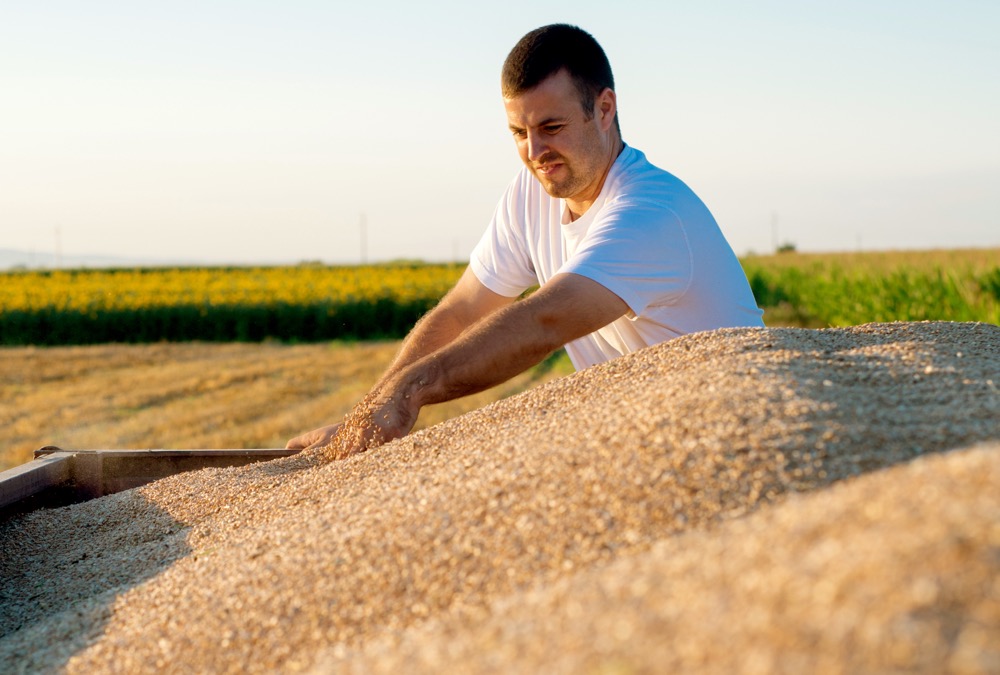Walter* has Alzheimer’s disease — but only his family and close friends know how deeply it affects his life.
Walter meets us at the door, greeting us by name. “Good to see you!” He takes our coats and leads us into the living room; we make small talk about the weather; a perfectly normal conversation. Yet this man is no longer capable of even making his own coffee.
“I can’t tell you how often Walter asked this morning who was coming and why,” his wife Sharon* says. How then, did he know our names? Sharon repeated them to him just before opening the door. It’s one of many tricks they use to cover up his declining brain function. Just as he’s always done, Walter often drops one of his funny anecdotes during the visit. It doesn’t hit us until later that he didn’t really take part in the discussion as he used to. That’s what Sharon really misses — a real dialogue with him. Walter has difficulty following complex thought. Now, when Sharon wants to watch an interesting TV show with him he’ll soon say, “They’re just talking nonsense,” and disengage. He still answers the phone at times. Then he’ll tell Sharon, “It was someone, a man — oh, maybe a woman. It wasn’t anything important.” Later someone will turn up at the door. Eight years ago Walter spent three days painting the outside of the house. A few days later he said to Sharon, “I should paint the house.” That’s when she realized something was wrong. Walter’s late parents both had dementia as did his late sister and a brother. “We had the advantage of an early diagnosis,” says Sharon. Alzheimer medication works the best during the early stages of the disease. The diagnosis was a relief to the couple. To Sharon — because she could now attribute Walter’s strange behaviour to his disease. To Walter — because he now had a legitimate excuse for his forgetfulness. Walter and Sharon live on a mixed farm, sharing the yard with their son Peter* and his family who are now the main operators. Ten years ago Peter noticed that his father no longer reported a sick calf. In time, the young couple was afraid to go away on holidays. “We realized we couldn’t count on Dad to take care of things anymore,” Peter says. It was only when Walter admitted this too, that a neighbour could be hired for holiday duty.
Read Also

Maintain motion to ease joint stiffness
As we proceed into colder, drier temperatures, it’s common to hear reports of more joint stiffness and pain, athletic therapist Kathlyn Hossack writes.
Walter can still be counted on to clean out the calf barn in the morning, something he’s always done. Peter sometimes has other jobs for him too. “I’m always glad if I don’t have more work afterwards than before,” Peter says. He admits to being impatient sometimes after explaining something to his father for the third time and he still doesn’t get it. “Dad will remember for three days that I was upset with him but he won’t know why anymore.”
For now the farmyard is still a safe place for Walter where he can keep himself busy with a broom or hayfork. Sharon is thankful for every hour she doesn’t have to look out for him. “It’s the little things,” she says, “like having to remind him about everything, saying the same thing over and over, and helping him with the smallest things.”
Every second week Peter takes his father along on his tour to purchase calves. Twice a month Walter spends a day at an adult daycare facility. “It’s important to me to know that Walter could go to a place he’s comfortable with if something would happen to me,” Sharon said. It’s clear to all that Walter can only stay home as long as Sharon can care for him. It’s not easy for her but, “We once promised to be there for each other, in good days and in bad.”
Walter still sings in the men’s choir and attends the weekly senior’s gym club. The men know him and make sure he is safe.
“I feel like an old tree with a healthy root system but the branches are starting to die one by one,” Walter once said about his illness. “Bit by bit I’m dying.”
“Yes, it’s a bit-by-bit goodbye,” Sharon says. “I don’t have the partner anymore whom I once married and that’s what I find the hardest.”
*All names changed.
Reducing your risk of developing Alzheimer’s disease and other dementia
Although age is the greatest risk for developing Alzheimer ’s disease, it is believed that a healthy lifestyle can significantly reduce the risk of dementia. A healthy brain is better equipped to fight degeneration.
- Challenge your brain.
a ) Try something new or change the way you do a task; even if it’s just brushing your hair with your less dominant hand.
b) Play games that challenge your mind — chess, card games, crossword puzzles, jigsaw puzzles.
c) Learn something new like a language or a musical instrument. Take a course, pursue a new or old hobby, visit galleries and museums.
- Be active socially. Staying socially active seems to have a protective effect on dementia.
a) Stay connected to family and friends.
b) Remain in the workforce or find volunteer work.
c) Join an exercise group or a book club.
- Make healthy lifestyle choices. Maintaining good health is as important to your brain as to the rest of your body and reduces the risk of dementia.
a) Eat healthy. Choose dark-coloured foods such as blueberries and spinach. Eat foods high in omega-3 such as nuts and fish.
b) Stay active. Moderate regular physical exercise reduces the risk of cardiovascular disease, diabetes and stroke.
c) Reduce stress. Practise relaxation techniques such as meditation or yoga.
d) Keep track of your numbers. Keep your cholesterol, blood sugar and weight within recommended ranges. Manage diabetes well.
e) Quit smoking and avoid excessive alcohol consumption.
f) Visit your doctor. Regular checkups and prompt medical attention to problems help to maintain good health.
- Protect your head. Brain injuries, especially repeated concussions put you at a higher risk for dementia such as Alzheimer’s disease.
a) Wear protective headgear. Use an approved helmet for your type of work or sports such as skiing, skating, rollerblading and cycling.
b) Avoid concussions by reducing risk of falling. Install handrails, clear snow, and throw away scatter rugs.
c) Drive safely and wear a seatbelt.
Source: Alzheimer Society of Canada website














